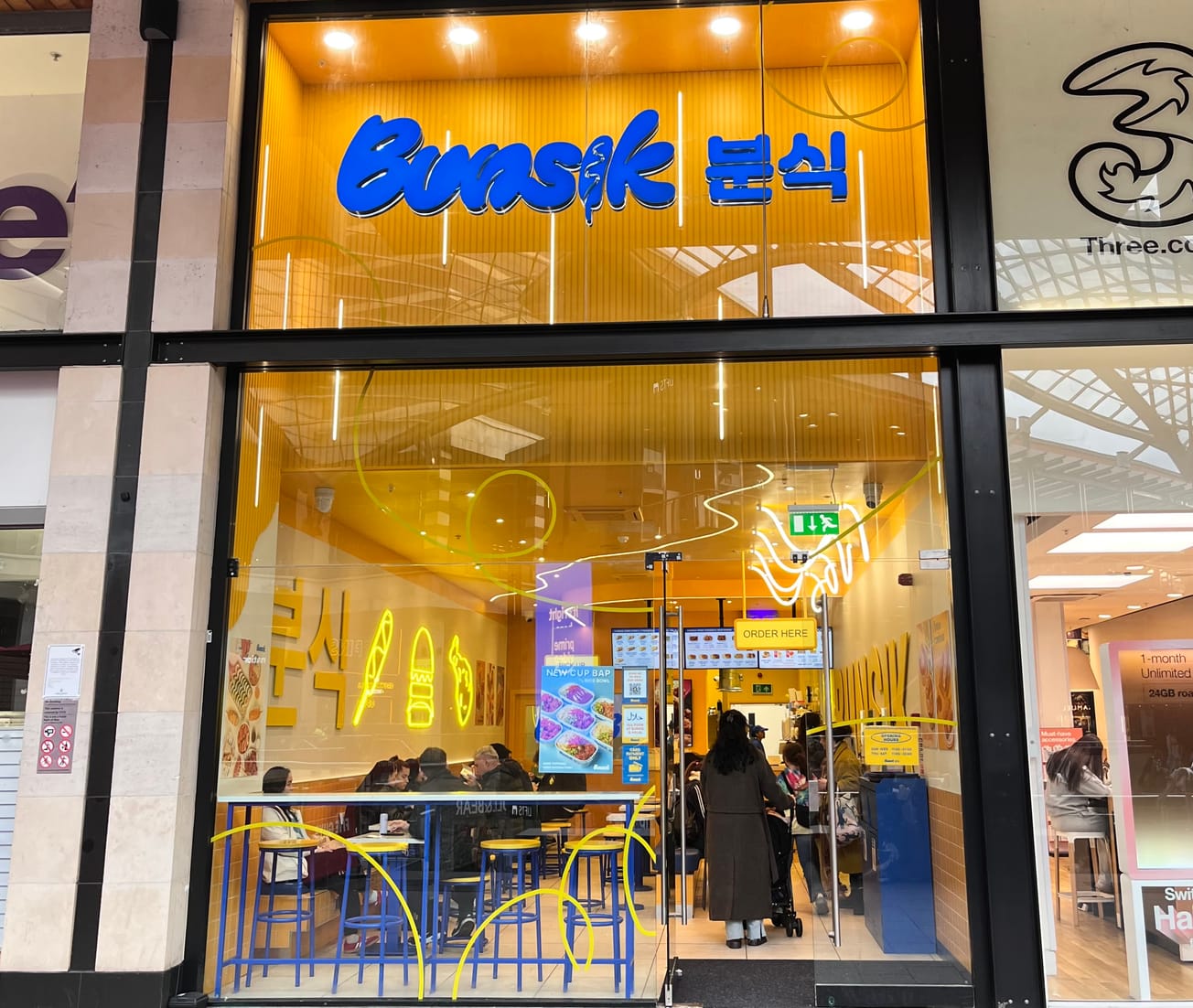By Alex Stevens, Second Year Politics and International Relations
Beat estimates that there are 1.25 million people currently living with an eating disorder in the UK; largely young women, although 11% of those diagnosed are male. 0.3% of the population are anorexic and 1% are bulimic, with the most popular category ‘EDNOS’ (eating disorder not otherwise specified) covering around 2.37% of the general population.
If you were to ask me 3 years ago why I loved cooking for myself, I would have told you that it made me feel in control. Not in control of my nourishment or the process of cooking itself, but rather ensuring that I was eating the minimum amount possible.
Weighing out every ingredient to the exact gram felt like a matter of life or death. I was convinced that if had any more than four medium olives in my un-dressed salad, my boyfriend would leave me for someone whose body resembled Alexis Ren’s more than mine did. The thought of trusting anyone else, or god forbid, a restaurant with a task of such paramount importance filled me with dread.
Cooking for my friends and family was a different matter. I adored being around food; I just feared digesting it. Still, my recollection of baking throughout my teenage years will always be tainted by the memories of anxiously calculating exactly how many calories I had consumed by licking cake batter off my fingers. My satisfaction came from knowing that although I couldn’t enjoy the fruits of my labour, my friends could – and when I couldn’t find a friend to take a whole batch of cinnamon rolls off my hands, they would be swallowed up by the bin.
As my restrictive orthorexia turned into bulimia (yet another desperate attempt to feel ‘in control’), I stopped being able to enjoy the taste of food altogether. Bulimia is characterised by a cycle of ‘binging’ and ‘purging’- whereby in the ‘binge’ period, eating can be completely mindless and detached from any sense of taste. This cycle is often triggered by a period of extreme restriction, as your body is crying out for energy - fast.
An eating disorder can easily prevent someone from ‘living their life to the fullest’: not least because it is a massive drain on energy, but because an ED takes the joy of so many social situations away from you. To give an example, approximately 70-80% of those with eating disorders struggle eating in social situations, although this is just the tip of the iceberg. In my case (and many other sufferer’s cases), my ED devoured my personality, and much to my confusion, the aforementioned boyfriend could no longer love a girl who only ever lectured him about how he shouldn’t eat a certain fruit because it had too much sugar in.
One friend told me how she would intentionally plan food dates with friends as a way of encouraging her recovery – conquering her fears head-first to rediscover her love of food through its social element. If offered dessert, she would push herself out of her comfort zone and say “yes”. In my case, the first time I broke my cycle was during a trip to Milan with my friend – where I had no choice but to enjoy the less-than-restrictive local cuisine in a social setting, with a lack of anywhere discrete to ‘purge’.
In many traditions, food and socialising go hand-in-hand, with sharing a meal being an expression of hospitality. Despite this, I recently came across a list of ‘The Unhealthiest Ethnic Cuisines’. It writes that Arab cuisine; where it is impolite to refuse food and sharing is welcomed, “includes a lot of butter and cream. That’s unhealthy.”, ruling out all Arabic food due to the ever-too prevalent ‘rule’ that in order to be healthy, you must never eat certain foods.
It’s ironic then, that having the opportunity to try forbidden, carby, fatty Italian cooking is what initially caused me to break my cycle and ultimately restored my health. No longer can I imagine missing out on experiencing a whole piece of culture, contrary to the advice given by so many articles, in pursuit of becoming the rule-following, dysfunctional, unachievable beacon of ‘health’.
As I embraced my recovery, I gradually allowed myself freer rein in the kitchen. It started with steps as small as not counting the calories in my vegetables, evolving to the point where I could recreate the veggie shepherd’s pie (A.K.A. the best comfort food) my mum made me throughout my childhood. Making a new flavour of porridge every morning and experimenting with toppings like tahini and honey taught me the freedom in seeing food as fuel.
Now I walk into a supermarket excited by the idea of all the avant-garde meals I could make and potential new favourites I may discover. Even more exciting is visiting independent shops to find less-common ingredients. The more adventurous my cooking got, the more I learnt that the luxury of cooking as therapy and eating for pleasure is one of the most enriching human experiences.
Of course, recovery is not linear. I’m still trying to teach myself that the wholesome taste of butter in cooking is definitely worth letting go of my old ‘food rules’, or that eating white potatoes instead of sweet potatoes does not make me worth less just because they aren’t marketed as a ‘superfood’. Regardless, it’s a learning curve that I’m looking forward to experiencing.
Through cooking, I get to see each nourishing component going into the meal and acknowledge how good food stimulates the senses of smell and texture, beyond taste. This process was key to developing my confidence to the point where I can make the most of eating out and having the opportunity to experiment. My once destructive relationship with food is now an increasingly mindful, constructive one, which I will continue to nurture.
‘Beat This Together’ are the University of Bristol society working in partnership with Beat UK to raise awareness and break the stigma surrounding all eating disorders. Learn more by visiting their Facebook page at: https://www.facebook.com/bttbristol/.
Featured image: Unsplash/Annie Spratt
Have your say about this article! Email us or comment below!









